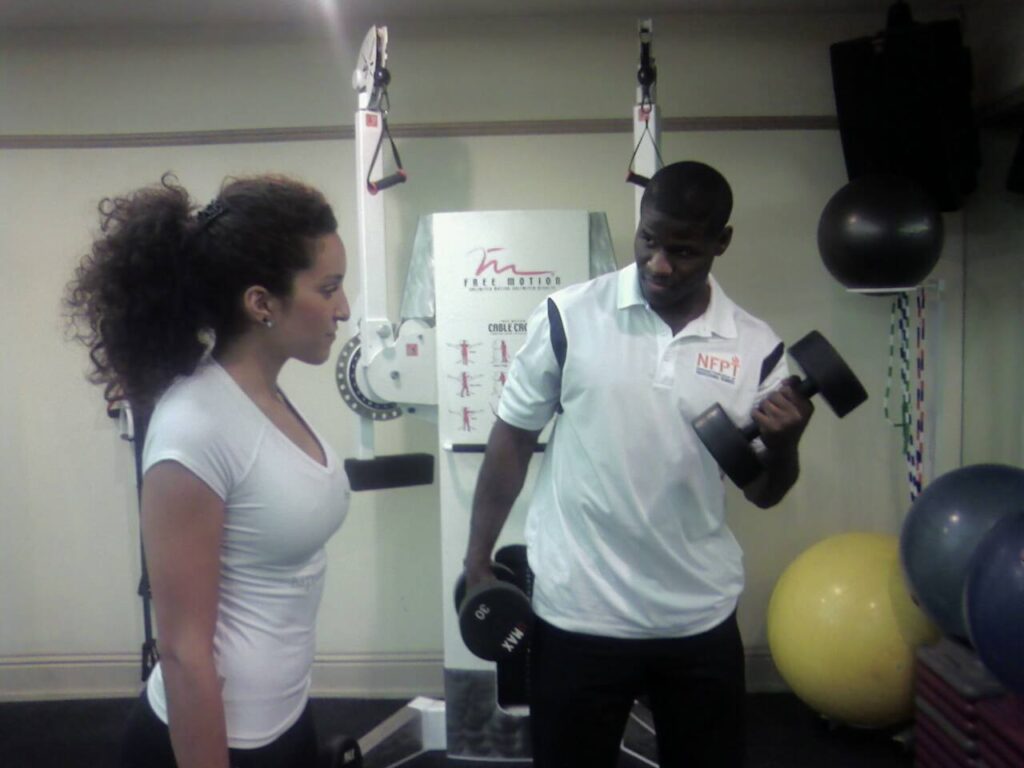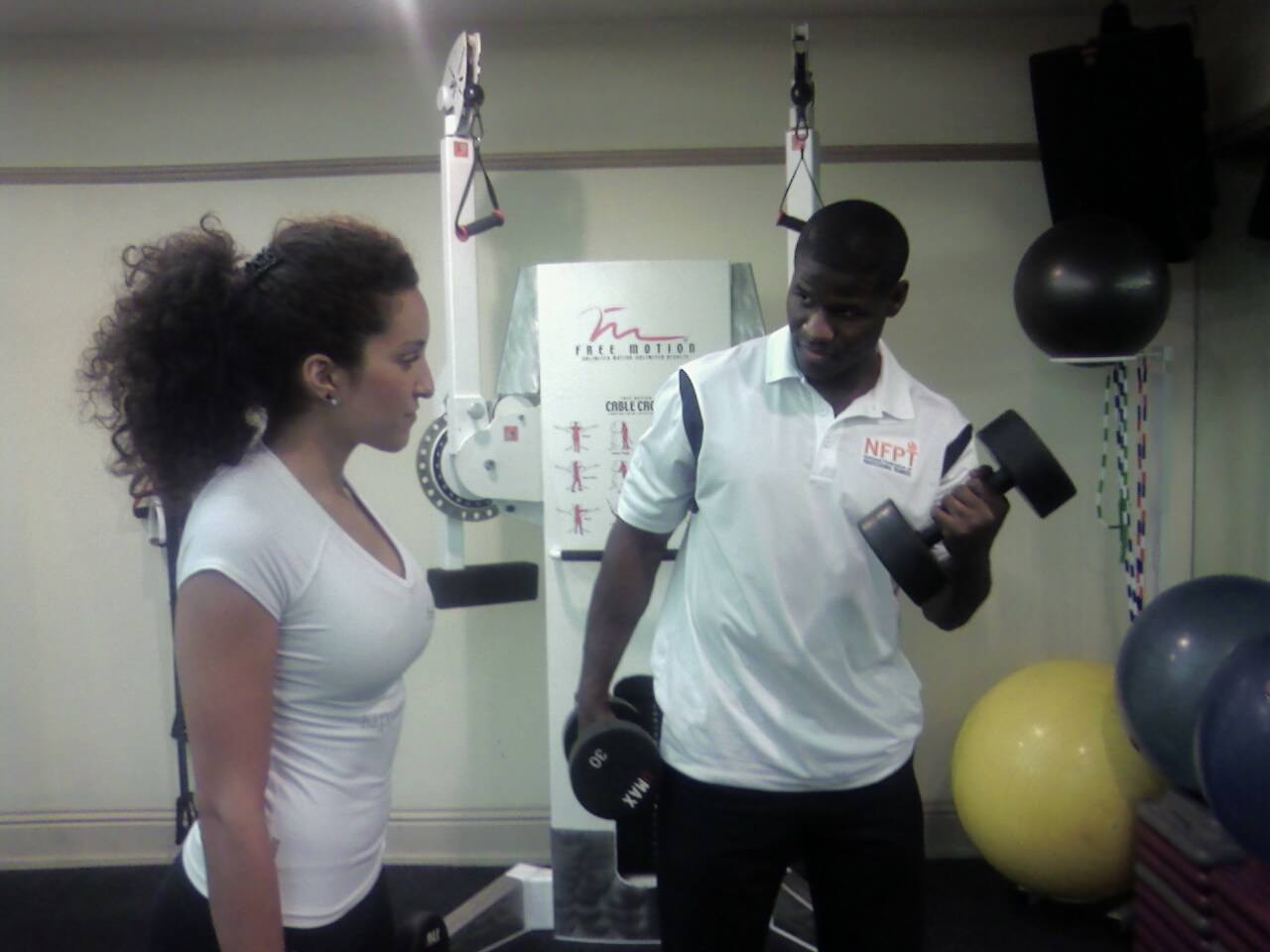To fake it or not to fake it? That is the question…
There are two sides to every saying and this one is no exception… Years ago I got the advice, “fake it ’til you make it”. It’s helped me transition into new roles throughout my career with more ease. This philosophy can help you get started and get ahead, when it’s applied reasonably. Everyone is a beginner in a career or new role when they – well, begin.
Pros of “Faking It”
If this phrase sounds deceitful to you, take it with a grain of salt. ”Faking it” also means to pretend, to role play. It can be used to help you feel and appear more confident when making a career transition. Say you just got certified as a personal trainer or obtained a specialty certification. Everyone is new at some point when beginning a new role.
Read these three phrases aloud
A: ”I am a personal trainer”
B: “I just got certified as a personal trainer.”
C: “I’m a personal trainer, but don’t have any clients yet.”
Which one sounds and feels the most confident? A. It’s short, sweet and to the point.
If someone asks you about your level of experience, you should of course be honest. It might change whether or not you get hired, but at least you show integrity. There is no need to otherwise advertise it when you’re new at a position.
What’s more likely to negatively impact your business is if a client or employer senses a lack of confidence. People can see it in your eyes when you know what you’re doing and when you’ve done it before. This is a good reason to practice new skills with friends and family before seeking out paying customers.
People can also sense if you practice what you preach, so make sure you’re living the life that you encourage.
Since you can’t have more experience than you actually have, faking it comes in handy with any career transition (to portray confidence). Use this same philosophy as you take on new roles in your career, after getting the education and certificates to back it up.
“I am a corrective exercise specialist.”
“I am a nutrition consultant.”
“I am a writer.”
Cons of “Faking It”
“Faking it” is a problem when it puts someone at unreasonable risk for injury. Personal training is meant to set a good example and prevent health issues, not cause them. Telling a post-ACL surgery client that you’ve worked with others who had the same issue is not acceptable.
Instead you can radiate confidence by saying, “I haven’t had a client with this scenario before, but I’ve studied knee anatomy and feel capable to work around it. I can contact your physical therapist/surgeon to see if they have any specific contraindications for your situation.“
“Faking it” is also detrimental when it’s taken too far, such as faking your personality. This is an energy drain. It takes too much effort to be someone you’re not and it shows in your face. For example, you don’t have to be overly enthusiastic and peppy if you’re more of a calm, grounded type of person.
The truth is, we all have our own way of leading. A quiet, empathetic introvert can be just as influential as someone with a loud commanding voice. You simply need to realize your power.
Focus on what you’re good at. Is it planning, people skills, motivating, following through? Ask the people around you what they think you’re best at. Then, focus on those areas to strengthen them. It’ll make your day more enjoyable and people will be able to see you shine.
And, if you got into the industry because you love health, but have found you don’t like being with people all day, consider a behind the scenes job as a writer or administrative person. There’s a role for everyone in the field, it’s vast!
If this article brought you benefit, please share it with others.




